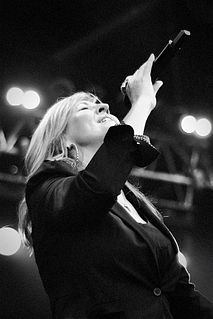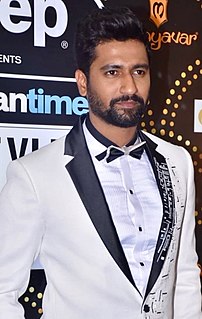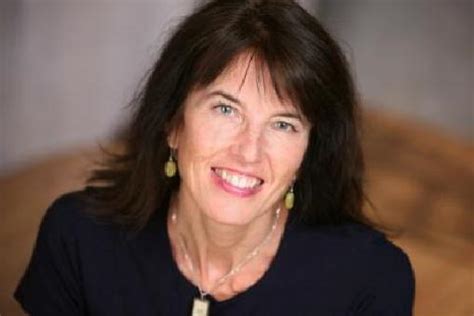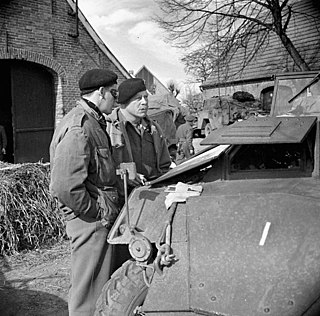A Quote by Sadakat Kadri
I spoke to my father - my father's from Pakistan and he's also a lawyer - I said to him, "Well what does the Shari'a say?" And he said, "Well, of course it doesn't justify suicide bombs," but he didn't seem to know where the Shari'a came from or what it was all about. The more I asked people in my family as well as friends, the more I realized that there seemed to be widespread ignorance in the Muslim community. And that's something which I actually found to be the case over the next two and a half, three years I spent writing the book.
Quote Topics
About
Actually
Also
Asked
Bombs
Book
Came
Case
Community
Course
Does
Family
Father
Found
Friends
Half
Him
I Realized
Ignorance
Justify
Know
Lawyer
More
Muslim
Muslim Community
My Family
Next
Over
Pakistan
People
Realized
Said
Say
Seem
Seemed
Something
Spent
Spoke
Suicide
Three
Three Years
Two
Well
Which
Widespread
Writing
Years
Related Quotes
I didn't quite know whether I was writing for the non-Muslim or the Muslim, and at the end of the day I'm writing, I hope, for people who are interested, whatever their faith. Even if they don't have any faith. As a barrister I had certain advantages - I could think like a lawyer and I knew how all the laws were fitted together and all the rest of it. One of the things I realized pretty early on while I was writing book about Shari'a was that that was as much a hinderance as it was a help because the Shari'a isn't just a system of rules.
There's crucial distinction that has to be drawn between the Shari'a, which is this hugely expansive vision of cosmic order that I've been describing, and principles of Islamic law, known in Arabic as "Fiqh" - a word that means understanding. If you're a devout Muslim, you don't argue against the Shari'a; the Shari'a is the path that God has laid down. But what you can do, and what people are doing all the time, is arguing over the correct interpretation of the Shari'a, arguing over the Fiqh. That's something that has been going on throughout Islamic history.
Shari'a is not just the Qur'an, you see Shari'a is comprised according to all the doctrines. There's consensus and analogy - argument by analogy. These are the four components in the Shari'a. An orthodox Sunni would not accept that the Shari'a was simply comprised of the Qur'an itself and actually there are people who say that it's heretical to believe that. They have to say that because if they don't say that then they would have to accept that, for example, stoning is not a punishment which appears in the Qur'an - it doesn't.
I was the first son and first child. When my sister came along, well, she was two years younger, and I had to go to the golf course because my mother couldn't handle all the action going on. So I came with father to the golf course since I was a year and a half old and I spent the day with him here, and it worked in naturally. And it was fun for me being with my father, and doing things that a kid did it was great.
I realized that the ignorance was profound. I don't mean that in a pejorative sense, it's just that people didn't know what the Shari'a was, as such. They knew that it was something good. I should say perhaps that the Shari'a, etymologically in Arabic, means a desert path to water. It means a path towards salvation, in the seventh-century context, to the desert people. If you have a path to water, that's the path you want to take to get you where you want to get to; where you should get to. And that much was clear but beyond that people didn't know what the rules were.
When we return, I will put you forward for Ascension,” Charlotte finished. “I will speak out for her case as well,” Gideon said. “After all, I have my father’s place on the Council—his friends will listen to me; they still owe loyalty to our family—and besides, how else can we be married?” “What?” said Gabriel with a wild hand gesture that accidentally flipped the nearest plate onto the floor, where it shattered. “Married?” said Henry. “You’re marrying your father’s friends on the Council? Which of them?
One of the big problems in this field is that there's so much mystification that surrounds talk of the Shari'a, whether its saying that Islam is all about peace or whether its people saying that Islam is all about Jihad and all about suicide bombs. People will make statements which don't seem to be backed up by any sort of historical context.
I guess early on in my Christian walk, you know, people said to me, "Never question God" you know? But actually I just found Him to be such a good Father. He's such a good Father and He spoke to me in amazing ways that I'm sure I never would have learned some of these things on mountaintops, you know? I thought I knew how much he loved me, but then one day He asked me "What do you believe?" And I'm like, "I believe this and this and this and this" you know. I was a very good Christian in all my answers, and then he said, "No, no, what do you believe, Daughter, about how much I love you?"
My father never got films to our dinner table. It was never the case with us as well that our father works in films, and we know so many actors. It was like him going to work like any other father. In fact, my school friends would ask me if I have met a certain actor, and I would tell them that I haven't, which they found strange.
We'd decided to write a book about two friends. I gave her some coffee and then we sat there not knowing what to do. How do you start writing a book together? So Kate [DiCamillo] got up after about 10 minutes into this endeavor, and said, 'Well, that was fun,' and started to head out the door. I said, 'Wait, wait, wait, no no no,' because I'm a bit more patient.
The most important thing, my father told me, which I have never forgotten, and which I have often put unto practice was: If you get into a quarrel with anybody, hit him first. "If you hit first, the battle is half-won," my father always said "Don't let him hit first. You hit him first." "What's more," he never forgot to say, too "Usually one blow is all you need." I found this to be true.



























